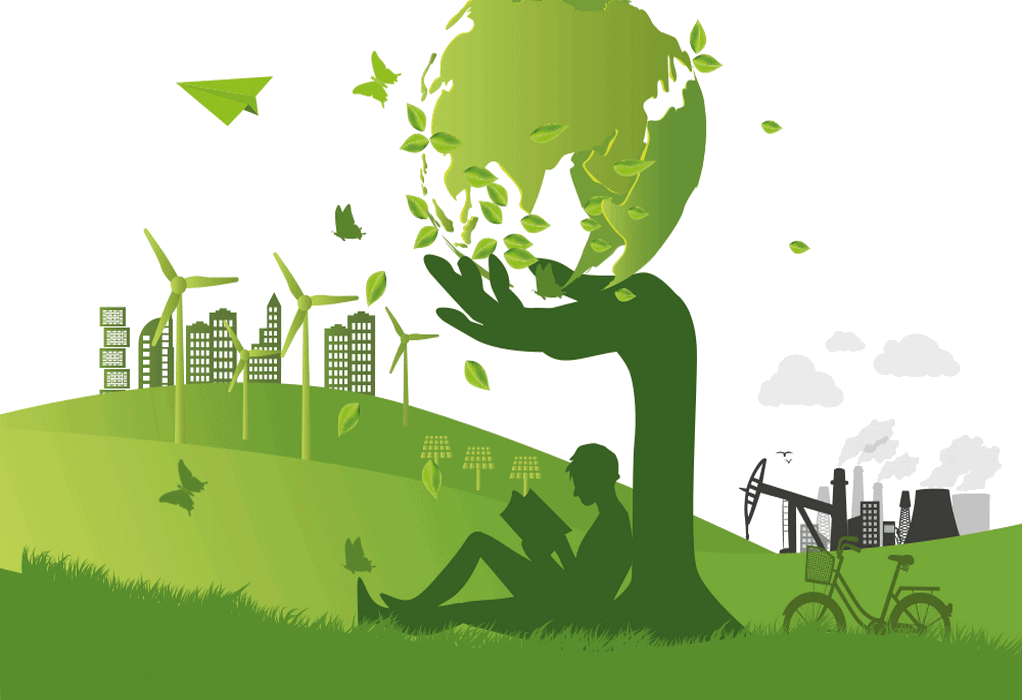Taiwan’s government has announced a roadmap to achieve carbon neutrality by 2050, including goals that all new scooters and passenger cars should be electric or powered by hydrogen by 2040.
The long-awaited roadmap was announced by the National Development Council (NDC) during a press conference on March 30, attended by officials from economic, technology, and environmental agencies.
The roadmap reinstated goals for promoting electric vehicles (EVs), though with some adjustments in the wording and timeframe.
In 2018, Taiwan’s government vowed to ban petrol-powered scooters and vehicles by 2035 and 2040, but it later dropped the goals, allegedly due to pressure from fossil fuel vehicle dealers. Another goal that all city buses should go electric by 2030 is maintained.
Under the roadmap, all new scooters and passenger cars should be electric or powered by hydrogen by 2040, NDC minister Kung Ming-hsin explained.
Instead of spelling out a “ban” on fossil fuel cars, the government will encourage consumers to drop ICE vehicles by hiking their external costs, such as carbon tax, and by offering subsidies to those buying EVs, and improving EV infrastructure, he said.
Taiwan’s electricity consumption will grow at an annual average rate of 2±0.5%, NDC data showed.
By 2050, Taiwan’s government plans to generate 60-70% of its electricity from renewable sources, 9-12% from hydrogen energy, and 20-27% from fossil fuel power generation units with carbon capture, utilization and storage (CCUS) technology, and 1% from hydroelectric power, NDC’s figures showed.
With the new energy mix, the government plans to lower imported energy sources from 97.4% in 2021 to below 50% by 2050.
It will devote nearly NT$900 billion (US$31.4 billion) to projects related to energy transition, including NT$210.7 billion to renewable and hydrogen power, NT$207.8 billion to electricity grid and energy storage systems, NT$168.3 billion to vehicle electrification, NT$41.5 billion to low carbon and negative emissions technologies (NETs).
Private investments in solar power and offshore wind energy projects might exceed NT$3 trillion, and investments in energy-saving projects might surpass NT$200 billion.
To speed up energy transition in the electronics industry, the government will help factories improve manufacturing technology by introducing ISO 50001 energy management system and encouraging the development of alternatives to fluorinated gases (F-GHGs) that aggravate greenhouse effects.
It will also encourage companies to endorse the RE100 initiative, use 100% green energy in their supply chains by 2050, and join the development of NETs.
To achieve carbon neutrality by 2050, Taiwan should also lay more emphasis on mitigation and other supplementary measures, said deputy minister of science and technology Lin Minn-tsong.
The government had devoted ample resources to conduct the National Energy Program, which turned out not very successful because pertinent surveys were not put into practice, he said.
In the future, the government will encourage more applied research on energy development, including materials for boosting power generation efficiency, he said.
Source: https://www.digitimes.com/news/
Tags: Carbon Neutrality, EVs, Hydrogen, NDC, Taiwan

Recent Posts
GCMD completes biofuel supply chain trials with Hapag-Lloyd
Airbus partners with Avolon on hydrogen aviation
Nuclear power transition more safe option for decarbonisation than coal
ABS presents industry’s first advisory on ammonia bunkering
AW Shipping orders multiple dual-fuel vessels from China
HIF Global partners with Airbus to advance development of SAF
ASL Aviation signs agreement with ZeroAvia for retrofit
AM Green plans to invest $1 bn to set up 2G biofuel plants